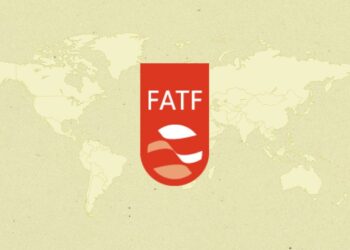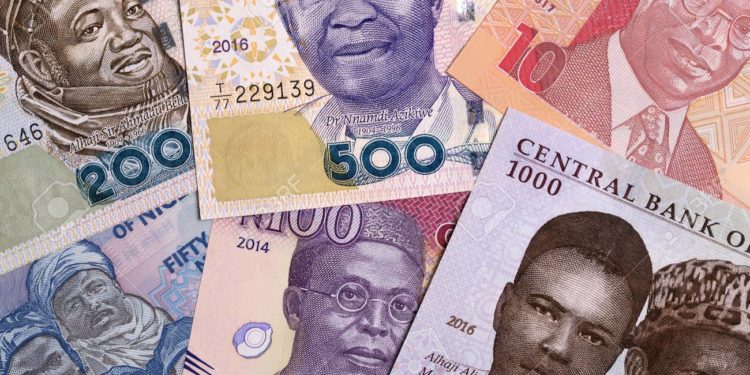The International Monetary Fund (IMF) has advised Nigeria and other oil-producing countries to make the best of the current uptick in crude oil prices.
Director of the Research Department, IMF, Maurice Obstfeld, gave the warning Tuesday at a press briefing to unveil the latest World Economic Outlook at the ongoing IMF/World Bank spring meetings in Washington D.C.
He also advised the countries in question to diversify.
“Economic diversification away from excessive dependence on commodities, or on a few sectors such as agriculture or tourism, is an overarching imperative for commodity exporters and those countries that are particularly exposed to natural disasters.
Old habits die hard
The Muhammadu Buhari administration was forced to ramp up borrowing due to a crash in crude oil prices to as low as $35 a barrel. The fall pushed the economy into recession and led to a foreign exchange crisis. In addition, the government also drew up an Economic Growth and Recovery Plan (ERGP) which had diversification as a key point.
Oil prices have since rebounded to $70 a barrel, and the nations’s foreign reserves are forecast to cross the $50 billion mark in a matter of months. GDP has since bounced back into positive territory marginally, due to the improved crude oil fortunes. Diversification moves have since died down.
Nigeria failed to make use of an earlier boom period when crude oil prices hit over $140 per barrel. An Excess Crude Account (ECA) instituted by the Obasanjo administration was depleted by the Goodluck Jonathan regime.























